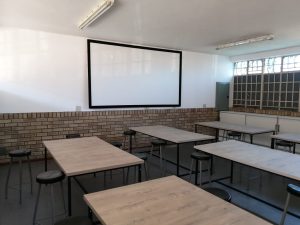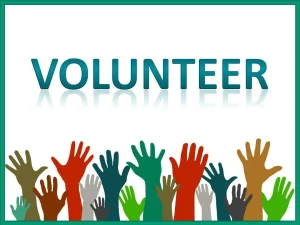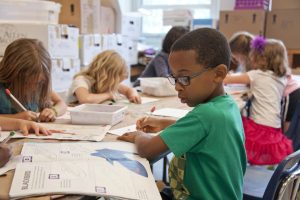While strides have been made to move towards creating inclusive education in South Africa, this move has always been buttressed on the constitution and other policies and frameworks that stipulate the right of all learners to education. However, this implementation of policies into the practices in the classroom is not easy. Although many pre-service teacher education programs have modules for inclusion, it is still far from effectively being practiced in the classroom. Many teachers still do not have knowledge of the knowledge, skills, and capacity necessary for appropriate learning opportunities for learners with diverse needs. The curriculum is another focus of such discussions on the quality of education. Although the Curriculum and Assessment Policy Statements provides some provisions for all learners to meet the goals of schooling, there no specific guidelines or resources to offer its recommendations. Moreover, the transition often assumes that all learners are identical, rather than different, and the provisions of the curriculum for learners with disabilities.
Support services are important for other imminent creation of inclusion of all learners. On one hand, all of the most valuable or available support services are lacking in most schools in South Africa. Many of the rural and poor schools one did not have access to assistive technology or resources for speech therapists, occupational therapists, and psychologists. However, it still requires a complex set of resources and institutional changes to include all learners in schools, and wherever possible, it should begin at the level.
There are several good opportunities to create an inclusive classroom. One of them is known as “differentiation of instruction”. Differentiation differs from “organization and management of the curriculum, instruction, grouping, and assessment to guarantee that all students acquire an evenness of knowledge, concepts, and skills in a multi-level or a multifaceted classroom environment”. Another opportunity is using elective technology or tools to make an appropriate inclusive environment. It uses the inclusive classroom as a general rule in South Africa. Finally, the private or public school should “celebrate diversity… and be to create an inclusive culture”. In these processes, a collaborative team of teachers, parents, and other supporting staff institution Ottoman created. On the other hand, a challenging disabilities landscape awaits action from the policy.




